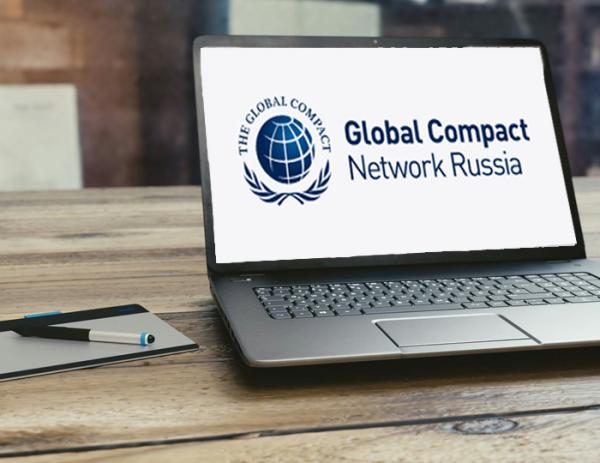
On April 30, the United Nations will close its call for proposals for a global digital treaty. The Center for Global IT Cooperation is collecting opinions from Russian organizations and will send a consolidated document to the UN by the end of the month. What domestic organizations offer was explained by the director of the Center.
Vadim Glushchenko, director of the autonomous nonprofit organization "Center for Global IT Cooperation," told ComNews that the center invited 50 specialized organizations to work on the proposal, many of which responded. Among them are representatives of the scientific and educational communities, of industry and business and of civil society. According to Glushchenko, in addition to the Center, the most significant contributions were made by Dialog Autonomous Nonprofit Organization, Institute for Internet Development Autonomous Nonprofit Organization, e-legion company, and the Coordination Center for .RU/.RF domains.
The Global Digital Compact (GDC) is a United Nations initiative to create an international instrument that "outlines common principles for an open, free and secure digital future for all". UN Secretary-General António Guterres proposed the idea of the GDC in September 2021. It is on track for approval at the Future Summit in September 2024.
Glushchenko announced that at the 12th RIGF Forum in September 2022, the Center plans to collect the opinions of Russian companies. Vadim Glushchenko mentioned that the Center began to collect opinions of organizations on its own initiative and does not claim to formulate the position of the country.
What the Center proposes
"On April 30, the Center will submit proposals to the online platform of the Special Envoy for Technology of the Secretary-General of the United Nations. According to key provisions, the Global Digital Compact should: provide a basis for constructive interaction among all stakeholders; uphold the accountability of the United Nations; promote the development and implementation of national mechanisms for the ethical regulation of artificial intelligence algorithms; contribute to the elimination of regional disparities and to overcoming the technological backwardness of individual countries and regions; support the diversity of use of languages and cultures on the Internet, including small indigenous peoples; promote the sustainable operation of cross-border financial instruments and services; establish accountability frameworks for global digital platforms, ecosystems and meta-universe development principles; respect the right of states to independently determine the parameters of regulation of information flows and data exchange in national jurisdictions, establish national Internet governance mechanisms, taking into account the values and identity of countries. The Global Digital Compact should also improve the effectiveness of coordination among key actors and stakeholders in the field of data management and privacy; promote the development of regulatory mechanisms to empower users to manage data; encourage the creation of practical mechanisms to protect users in the digital space and on platforms; and emphasize the need for international regulation of global digital platforms," Glushchenko told ComNews.
Representatives from around the globe submitted a total of 269 proposals to the UN. Most of them firstly concern the issue of human rights in the online environment (48), secondly Internet accessibility for all (47), and thirdly data protection (42).
What will be the reaction of the international community to the proposals?
Vadim Glushchenko told ComNews that he is confident that the Center's proposals will be heeded on the world stage. "The proposals are in many respects closer to the countries of the southern hemisphere, i.e., most developing countries. The world is becoming increasingly multipolar, and the voice of sensible countries that do not want to compromise their own digital sovereignty is growing louder. Glushchenko commented, "So we are not alone in the global Internet community.
Nikita Utkin, Director of Technology Standards Development at the NTI Platform, notes that there is an inconsistency in the idea of a global digital treaty: the document should outline the general principles of the digital future for all, but countries see the digital future in fundamentally different ways. "Given the politicization of the issue of global Internet development and the digital future, instead of the engineering community, people closer to the political rather than the technological agenda are being brought into the discussion. I think under the present circumstances it is going to be difficult to come up with a document that is going to accommodate all those involved. It will be even more difficult for us to be heard in this discussion: even within the ITU, an organization under the auspices of the UN, the participation of Russian experts has been noticeably limited over the past year.